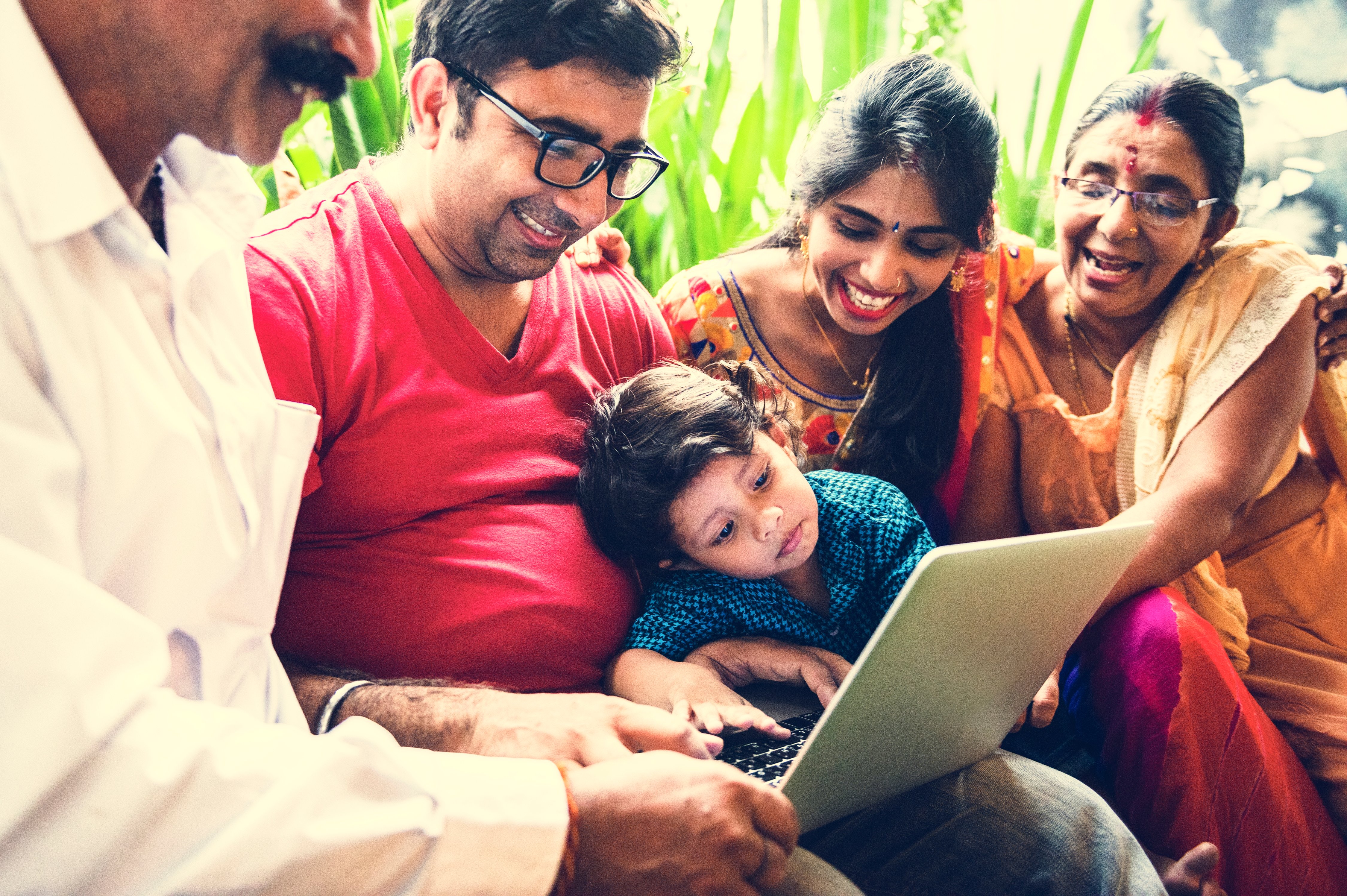What aging parents want their adult children to know
by Katie Wright | Jul 29, 2021 | in-home care, family support, Family caregiving | 0 Comments

My partner and I are in our late 60’s and semi-retired. Between us, we have four adult children with small children of their own. We’re like a lot of baby boomers – currently in that satisfying phase of life where we enjoy outings with the kids, have stimulating conversations, and consider one another dear friends.
Our adult children are living independent lives. They feel like our peers. We exchange opinions and expertise – and rare bits of advice – along this two-way street.
Most of the time we don’t feel old, but we cannot deny we are aging parents. And we don’t fool ourselves – the day will come that we rely on them for something more. It’s hard to say for sure what that will be, but there are some things we want our adult children to know.
By the time we reach retirement age, most of us have been on our own for more than two-thirds of our lives. When we launched ourselves away from the family home for college, marriage, or just the chance to be independent, we cemented our adult status.
As older adults, we’ve had plenty of time to establish our brand and our preferences. We have an investment to protect – many years of honing our survival skills. We’re the experts of living our lives.
We’ve reached a point where life feels pretty good. Some things take a little longer and we notice a few aches and physical struggles that weren’t there a year ago. But there are also some badges we proudly sport – the wrinkles we’re no longer trying to hide, the grey hair that looks better than we’d imagined, and a new measure of patience we were short on when the kids were little.
We’ve also discovered a refreshing sense of emotional calm. It means we’ve figured a few things out.
And that’s the basis of what we want our adult children to know.
Different perspectives on aging — who's right?
Even when the relationship is great, aging parents know there will come a day when our perspectives differ from that of our kids. How we see ourselves is not how others see us.
Who’s right?
As we age and feel gradual changes in our minds and bodies, our survival mechanism is to take things in stride and create accommodations so we can carry on. For example, maybe we don’t enjoy a sound night’s sleep as regularly as we did a couple of years ago and find that an afternoon nap is necessary for recharging. Or we realize that sitting down to read often results in dozing off for a bit.
No big deal, right? For an adult child who only sees us a few times a year, though, it could be disconcerting.
We’ve all had the experience of forgetting a word or someone’s name. It’s normal and happens to young and old alike. If we lose our train of thought or forget an important event, it’s unnerving but not unusual. But to our adult child who’s been reading about mild cognitive impairment in older adults, our mental stumbles may raise a red flag.
We older adults live with ourselves 24/7 and fail to see our changes in sharp contrast to the people we were last year. Our adult children, however, see us occasionally and from a different perspective. We might seem older to them and less capable than we did a year ago.
Who’s right?
Maybe we all are. Let’s agree that no matter how well we’ve adjusted to our advancing years, it’s tough to admit – for parents and kids alike – that our candles are burning lower. We want our children to respect that most of our changes are normal and we’re managing. And they want assurances that we’re not in rapid decline.
We wish they’d back off. But not entirely.
In truth, part of our brain thinks that just maybe we need to listen to our kids and give serious thought to the next steps in our aging journey.
Why do parents and children disagree about what to do next?
As older adults, we’re largely in a different stage of life than our adult kids. We’re not in active family-raising mode or midpoint in challenging careers. We’ve got time and patience on our side, and our sense of urgency is diminished.
Our adult kids, however, may be operating in a job-family overwhelm and feel ill-equipped to take on any additional responsibility. If they’re concerned about us, it’s stress-inducing. In an attempt to avert emergencies, they may initiate conversations we’re not ready to have, or suggest ways we can simplify our lives to avoid problems down the road.
Our adult children want to probe and plan, and to get solutions in place to avert disaster. We aging parents want to maintain our independence and carry on as usual.
We might dig in our heels. After all, we were their age once but they’ve never been our age and really don’t understand how it feels to gradually lose our vitality.
But as with any relationship that encounters conflict, exchanges born of honesty and respect are the path to resolution. And even though we have more life experience than our adult kids, we’re entering uncharted territory with each passing year.
We may be experts, but we reserve the right to reconsider and change our minds.
How do parents find balance with their kids?
A Jenga game illustrates a useful point. This game is where players simultaneously dismantle a tower of wooden blocks and build it back up until one move causes the structure to tumble. The smartest strategy for a winning game is like the parent/child relationship. As the very foundation of the structure is altered, the key to keeping the structure upright is planning a few moves ahead and being patient.
It’s up to all players in the game to use this strategy. The best Jenga game is one that continues on and on and keeps everyone engaged.
It’s a simple analogy for a complex relationship. Exercise patience and plan ahead.
What aging parents want — a very short list
- To be heard
- Connection
- Respect
- Autonomy
Ways adult children can help aging parents — and vice versa
There are universal elements of supporting another person, whether they’re a child, a peer, or your parents.
Adult children: communicate on your parents’ terms. This means doing a lot of listening and attending to how they want to solve their concerns about aging. Dialogue should be honest and open. You may have preconceived notions about what’s best for your parents, and it’s wise to set these aside until you understand their point of view.
- Parents: respond to your kids’ questions and remember that they’re interested in your well-being. Your willingness to be open paves the way to mutual trust.
Adult children: demonstrate respect for your parents’ perspective. In most cases, aging parents know what they want and what resources they have available to achieve it.
- Parents: remember that your children may not know important details, such as your financial status, health concerns, and preferences for end-of-life arrangements. Be forthcoming with this information.
Adult children: offer support but don’t force it. It can be helpful to remind parents of their support over the years, and that you look forward to helping. If necessary, think of a way that your parents can reciprocate – ask them to share an outing or give you some advice. Be aware that most older adults don’t want to be a burden and may be reluctant to ask for help.
- Parents: remind yourself that being able to help someone else is its own reward. If you don’t need help right now, let your adult kids know that their support deserves to be an open topic of discussion.
Adult children: resist the urge to point out things you see as red flags. Avoid putting your parents on the defensive by targeting problems. Your parents want to maintain control, and this is the time for joint decision-making. Focus on things that are going well for them.
- Parents: keep an open mind and recognize that there’s no shame in slowing down and relinquishing some of the control you enjoyed for so many years. It’s OK to ask for your kids’ opinion on anything you’ve been struggling with.
Adult children: contribute to your parents’ mental well-being by staying positive. One way aging adults adapt is by relishing life’s smaller gifts – like a visit from you, coffee and good conversation, or a walk in the park. Contribute to those experiences as often as possible.
- Parents: remember that you’re modeling successful aging to your adult kids. Your optimism helps them feel more positive about your well-being.
The SeaCare staff has experience on both sides of the aging issue. We know the aging parent/adult child relationship is both rewarding and challenging, and we’re ready to support your caregiving needs.
Katie Wright writes about aging and senior wellness from Bellingham, WA. You can read more about her here.
If you or a loved one you know are looking for additional support during this time and are interested in scheduling a free in-home assessment, please contact SeaCare In-Home Care Services today! A SeaCare family member is standing by. 425-559-4339.



0 Comments